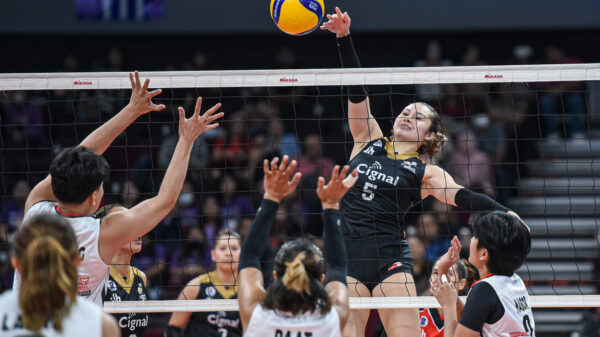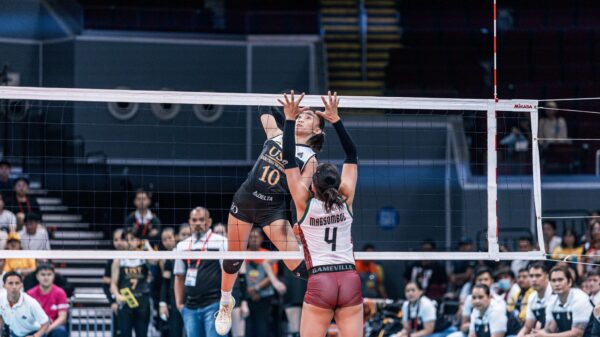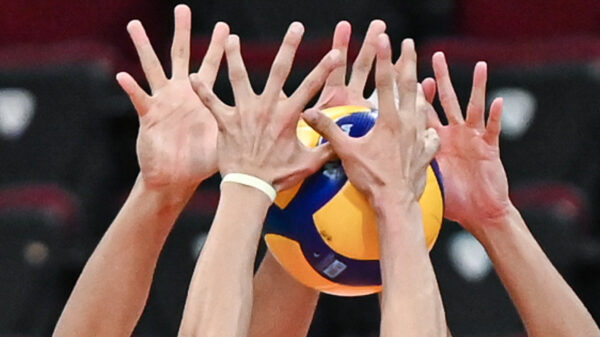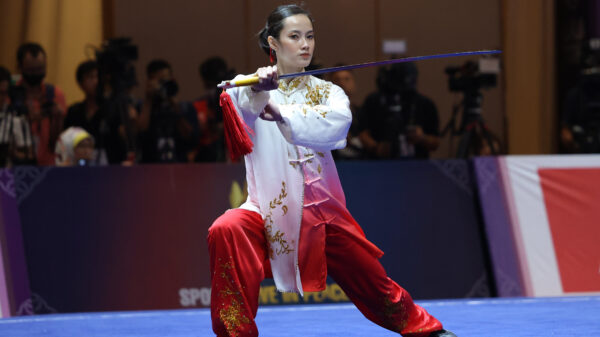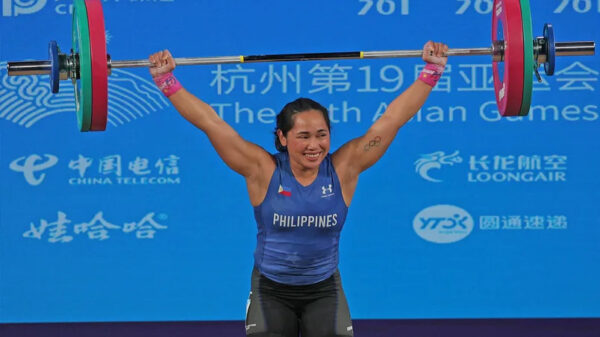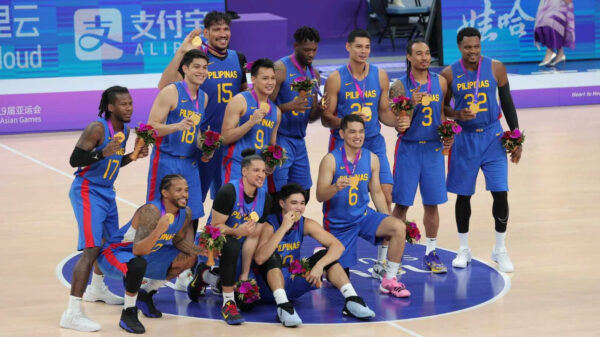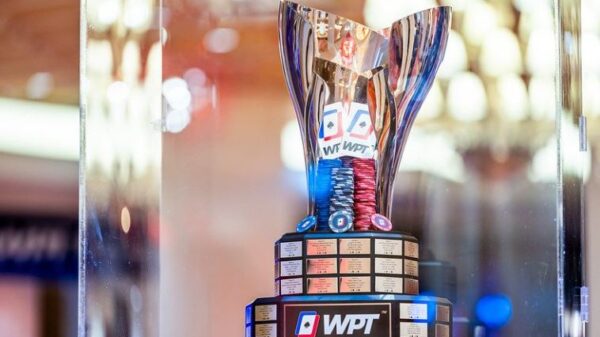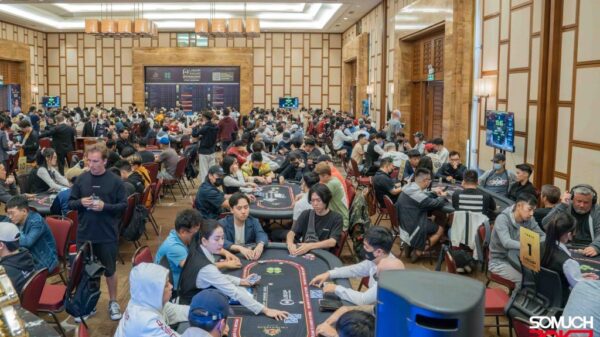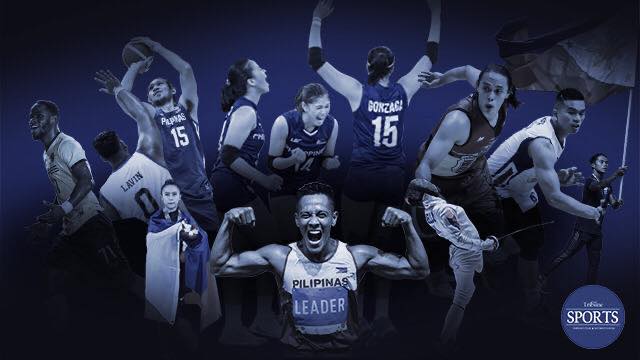Philippine Sports Commission chairperson Richard Bachmann was right when he said a few weeks ago that Filipino athletes should focus on the Asian Games and the Olympic Games instead of being satisfied with winning in the Southeast Asian Games.
You see, as I was going through the lineup of the 840-strong Philippine team to the 32nd edition of the SEA Games set to formally kick off this Saturday in Phnom Penh, I saw familiar names that I felt shouldn’t be there.
I shook my head when I learned that this female athlete was seeing action in her sixth SEA Games despite not being able to win a single gold medal but a collection of silvers and a bunch of bronzes.
I almost banged my head on the wall in disgust when I read the name of another who was still at it despite making her SEA Games debut back in 2005.
Because of the lack of topnotch talent, national sports associations have been forced to field has-beens and even those who had actually never accomplished anything but still managed to cash in on the financial rewards the government had given in the past.
Bachmann told a group of scribes that it would be better if athletes shift their focus on the Asian Games.
Though he is not belittling the SEA Games, Bachmann said the country’s athletes have proven that they can win SEA Games medals at any given day.
But in the Asian Games, it’s a different story.
I have always felt that the country would be better off sending members of the national pool to the SEA Games to get experience needed to boost their confidence and also beef up the cast of talents who will step up once the need arises.
But would the coaches allow untested and promising entries to compete?
Hell no!
This is the sad and laughable truth.
You know why?
If they do that, the coaches won’t be rewarded financially as per RA 10699 (Sports Benefits and Incentives Act of 2001).
Under the law, an athlete who wins a gold in the SEA Games stands to receive P300,000 while a silver is worth P150,000 and bronze, P60,000.
The winning athlete’s coach, under the law, also gets rewarded as they are entitled to get 50 percent of the incentives for gold, silver and bronze.
Lawmakers who crafted this law obviously were not aware of this scenario, thinking that they had done a great deed.
By raising the SEA Games incentives to P300,000 from the original P100,000 for gold, P150,000 from P50,000 for silver and P60,000 from P10,000, it only gave many of the athletes the reason to just concentrate on the SEA Games and forget about the Asian Games.
Imagine every two years, a SEA Games standout whose best effort can’t even reach bronze in the Asian Games is assured of medaling and receiving a whole lot of money during SEA Games season.
You get the point?
Now you know why only a handful of Filipino athletes are world-class.
Even sports officials seem to be enamored with winning in the SEA Games that doing so only promotes mediocrity.
What should be done is for sports leaders to just send collegiate stars and up-and-coming athletes to compete in the SEA Games and zero in on the Asian Games instead.
As long as we send overhauled athletes and oldies to the SEA Games, we will have a hard time upping our game internationally.
Besides, nobody cares about a SEA Games champion outside the ASEAN region anyway except for a chosen few.
This is the sad and laughable truth.



